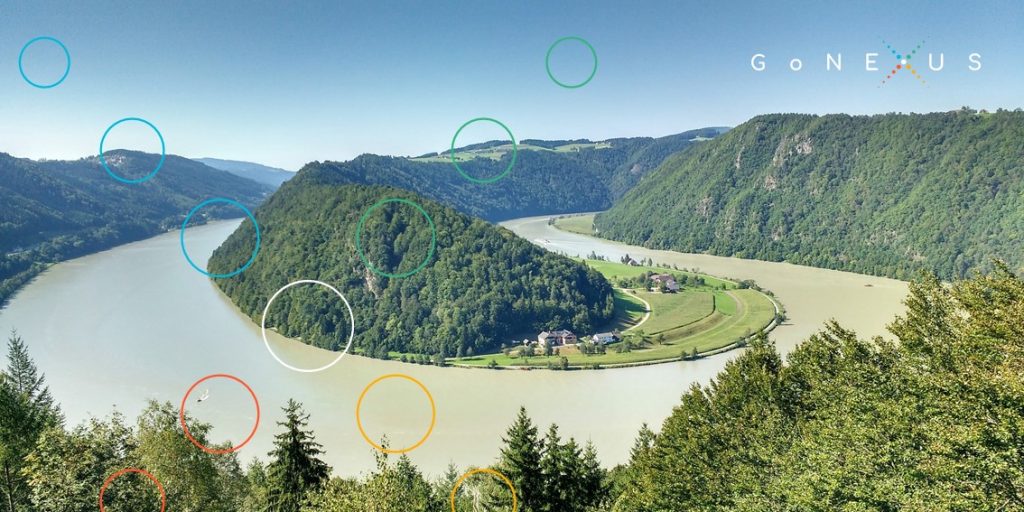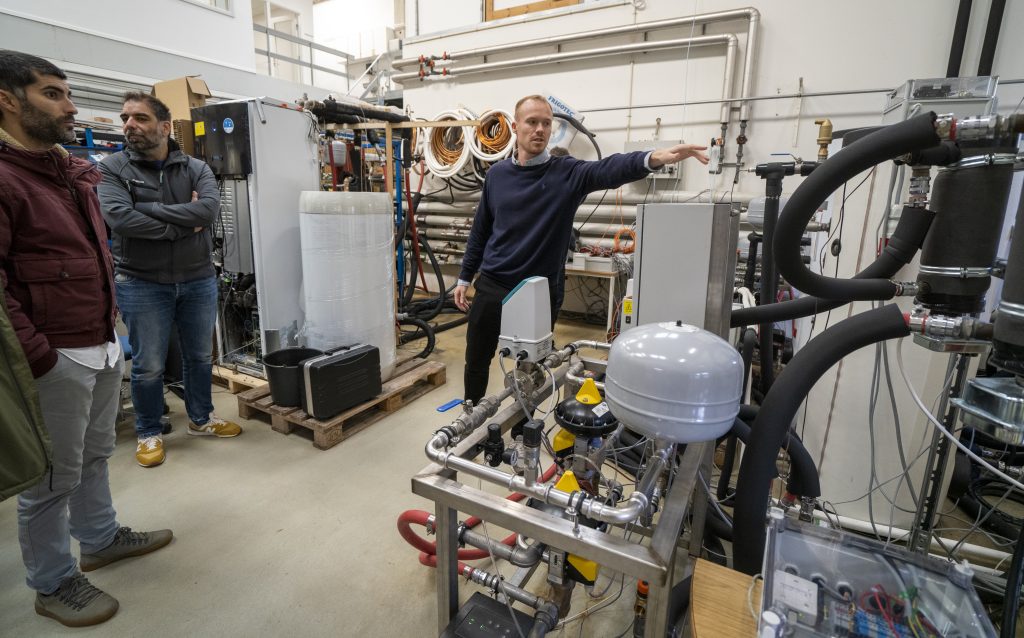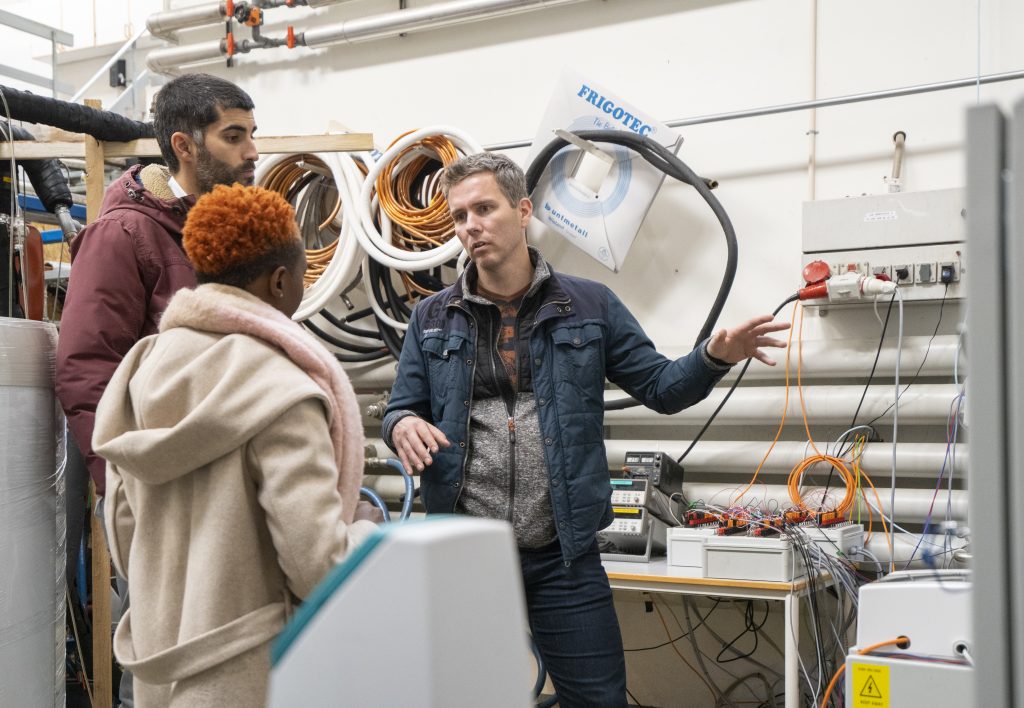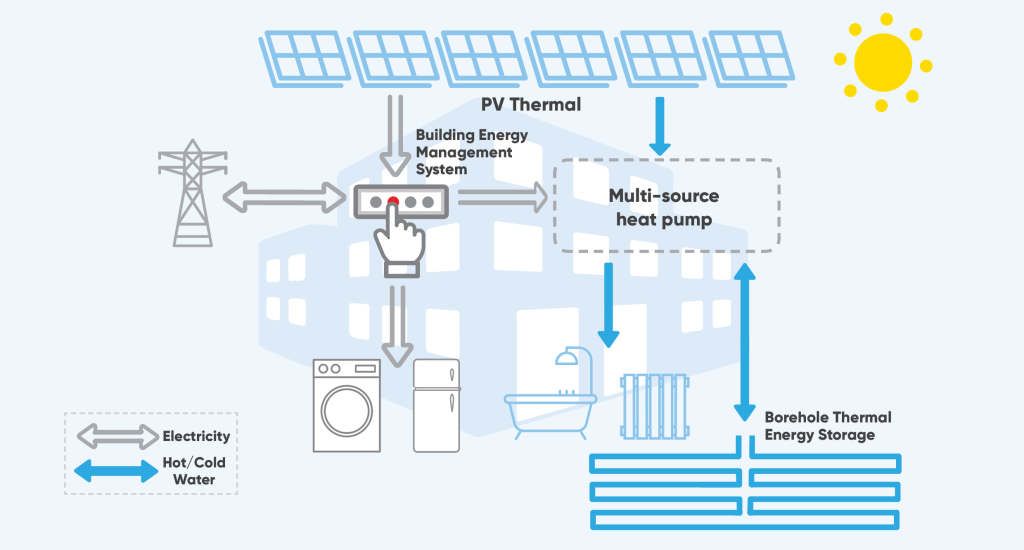Both policymakers and the technology industry need to do more to combat the ever-growing demand for data and its associated energy impacts. In this study, based on novel corporate data, expert interviews, focus groups with members of the public, extensive site visits across Greenland, Iceland and Norway and a literature review, we look at the energy and climate impacts of existing and proposed datacenters, both quantitatively and in terms of stakeholder and public perceptions.
Europe
The latest IPCC report on Ocean and Cryosphere in a Changing Climate, which builds upon previous IPCC’s reports, established a causal link between anthropogenic impacts and ocean acidification, by noting a significant decrease in the Ocean’s uptake of CO2, with consequent damage to Earth’s ecosystems, which in turn has traceable repercussions on the Arctic Ocean and then from the Arctic to the Planet Earth.
In July 2020, the European External Action Service of the European Commission launched a public consultation on the way forward for the European Union’s Arctic policy. The consultation was held to re-examine the role of the EU in Arctic affairs, to revise the priorities of the current Joint Communication on an integrated European Union policy for the Arctic and the actions thereunder, and to identify possible new policy areas to be developed.
Rather than trying to plant as many trees as possible, research coming out of the LANDMARC project suggests that it might be better to focus on planting fewer trees and managing them well, in a way that’s good for the underlying soil.
The drastic growth of cruise tourism in the world, while potentially beneficial for economic growth in local communities, also brings concerns regarding environmental impacts. This research used the port of Ísafjörður, Iceland, a growing hotspot destination for cruise ships, as a case study to aid in understanding the potential environmental impacts from cruise ships.
In a time of increasing demand for the earth’s limited resources, the GoNEXUS project develops solutions for more efficient and sustainable resource management. It does so through a holistic approach to how the resources interplay rather than by examining each one of them individually.
While decarbonisation is the main objective of the RES4BUILD integrated energy solutions, decoupling from fossil fuels contributes to security of supply, and using on-site generated electricity contributes to affordability, moving away from heavily fluctuating market prices. A report has indicated the technical potential of these integrated energy systems in the European market,
Using Organigraphs to Map Disaster Risk Management Governance in the Field of Cultural Heritage.
Louis J. Durrant, Atish N. Vadher, Mirza Sarač, Duygu Başoğlu and Jacques Teller
A good practice assssment performed by the EU funded RES4BUILD project reveals that accelerating the uptake of Integrated Energy Solutions (IES) increasingly requires consideration of financial and social innovation to address non-technological barriers.
Maintaining indoor comfort in buildings accounts for more than 30% of total energy use worldwide – smart control of building energy use can contribute greatly towards energy sustainability goals. This is an important part of the RES4BUILD project which is looking at renewables for clean energy buildings in a future power system.




